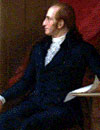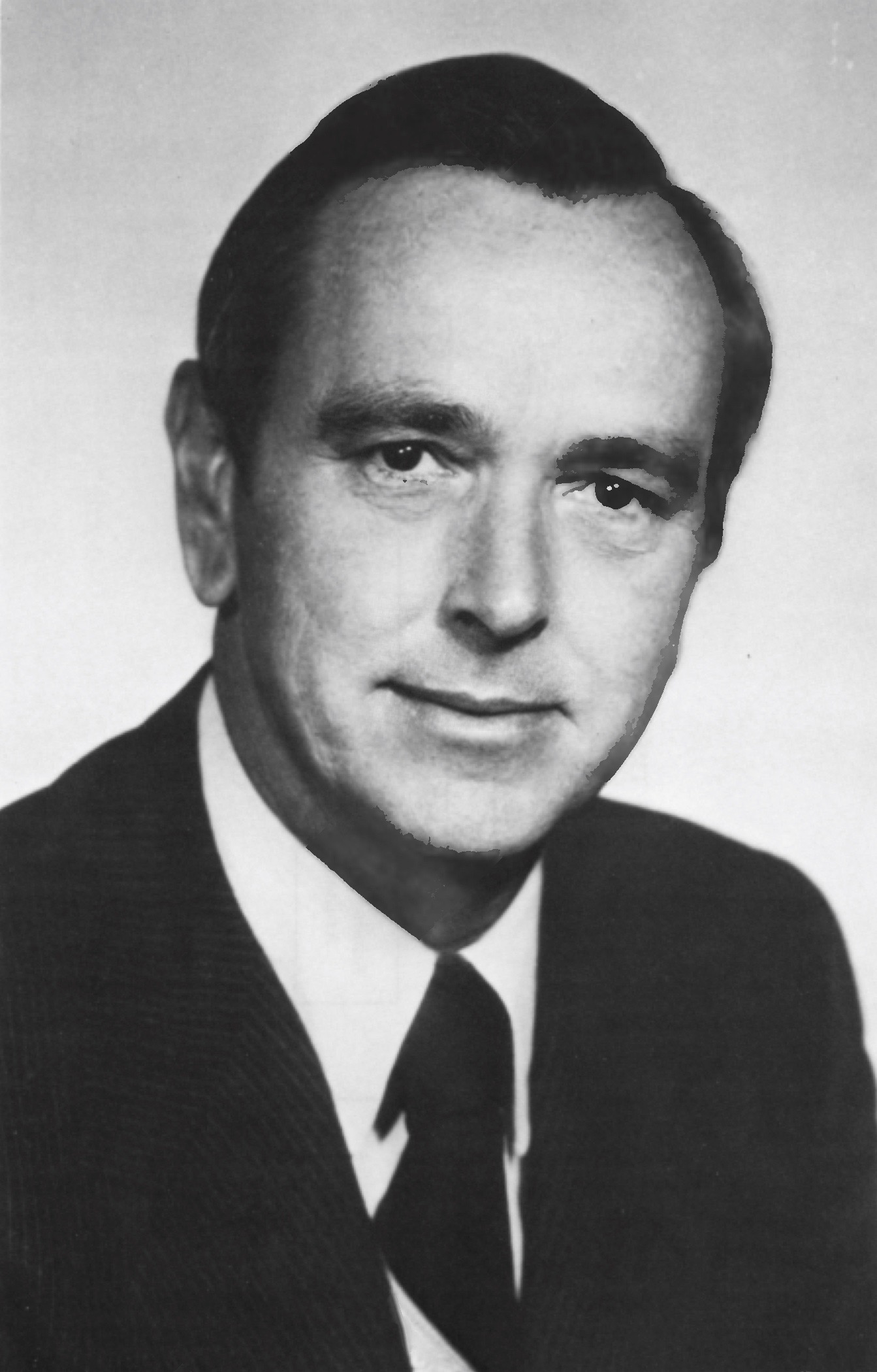Georgia
Gov. James Jackson
- January 12, 1798 - March 3, 1801
- Democratic-Republican
- September 21, 1757
- March 19, 1806
- Other
- Married May Charlotte Young; five children
- Resigned
- Representative, Senator
- Army
About
JAMES JACKSON was born in Moretonhampstead, Devonshire, England, on September 21, 1757. He emigrated to the United States in 1772 and settled in Savannah, Georgia, where he studied law. Jackson was clerk of the court of the Provincial Congress, a position he held in 1776 and 1777. He also served as a member of Georgia’s first Constitutional Convention in 1777. In 1778 he served as Register of Probates of Chatham County. During the Revolutionary War, he served in the Continental Army, was promoted to the rank of lieutenant colonel, fought in the battle of Cowpens, and participated in the retaking of Savannah after the British evacuation. In 1781 Jackson was a lieutenant colonel commanding his own legion in the Georgia militia. In 1784, he was commissioned colonel of the Chatham County militia, and in 1786 he was promoted to brigadier general becoming major general in 1792. He served in the House of Assembly from 1781 to 1783, 1785 to 1787, and 1796 to 1798. In 1788 he had been elected Governor of Georgia, but withdrew citing that he was, however, too young and inexperienced. He served in the U.S. House of Representatives from 1789 to 1791, was a member of the U.S. Senate from 1793 to 1795, served in the Georgia Legislature, was commissioner for the Treaty of Coleraine in 1796, and was a presidential elector in 1797. After being elected by the state legislature a decade later, Jackson was sworn into the governor’s office on January 12, 1798. During his tenure, he criticized several of Georgia’s most high-ranking individuals as being guilty in the fraudulent Yazoo land sale. Although the state treasurer, John Berrien, was impeached for misappropriations due to fee transgressions in the Yazoo deal, he was not convicted. It was also suggested by Jackson that the legislature pay a reasonable amount to Phineas Miller and Eli Whitney for their patent right to the cotton gin or to withhold the right completely. In 1802 Jackson was a commissioner to cede the western territory to the U.S. On March 3, 1801, Jackson resigned from the governor’s office. The following day, he took his seat in the U.S. Senate, an office he held until his death. Governor James Jackson died on March 19, 1806, in Washington, D.C. He was buried at the Rock Creek Cemetery in Washington, D.C., and was reinterred at Washington’s Congressional Cemetery in 1832. Jackson County in northeast Georgia was named in his honor in 1796.
Source
Cook, James F. Governors of Georgia, 1754-2004. 3d ed. Macon, Ga.: Mercer University Press, 2005.
Sobel, Robert, and John Raimo, eds. Biographical Directory of the Governors of the United States, 1789-1978, Vol. 1, Westport, Conn.; Meckler Books, 1978. 4 vols.











